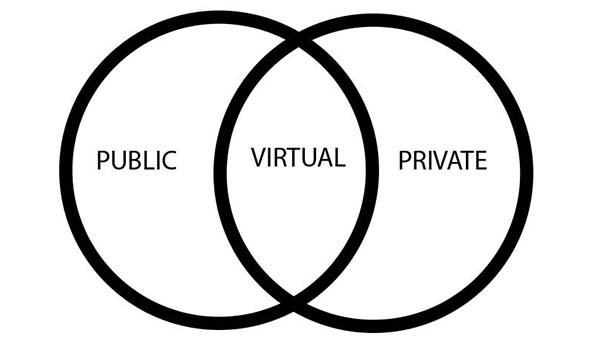I remember vividly when I was talking on the topic of elimination of violence against women, as a civic educator, in Nahor District of Ghazni province; a man was filled with a fury saying that I was invading the privacy of family issues. In spite of my selfless acts, the people were giving me the cold shoulder. Moreover, the officials, including the district governor, were treating me in frigid manner. They all believed that talking about the women rights in their traditional village – where maltreating women was rife – would rouse women to argue about their rights and resist against the patriarchy. They were willing to keep the women in the dark so as to exploit them better for longer period of time. Talking about the family issues was considered as violating the taboos.
Undeniably, in general terms, the law is divided into public and private parts. Private law involves interactions between private citizens, whereas public law involves interrelations between the state and the general population. The simple difference between public and private law is in those that each affects. Public law affects society as a whole, while private law affects individuals, families, business and small groups.
For instance, if you saw a man run from a convenience store with a few pilfered products under his arm, he is violating public law. He committed the crime of theft, and that affects everyone.
On the other hand, if your neighbor filed suit against you because your barbeque smoke travels to his yard, you may be violating private law. You infringed on your neighbor’s right to the peaceful enjoyment of his property.
Essentially, the difference between public law and private law is whether the act or acts affect society as a whole or an issue between two or more people.
The man, who was among the audience, claimed that I was infringing on their privacy and treating women whether positively or negatively was none of my business. He believed that as an official employee, I had no right to advise people or talk about dos and don’ts. In all honesty, what I felt was that people feared if my words would change the attitudes of women’s towards their spouses. Some were saying that I was throwing down the gauntlet and even the phlegmatic individuals reacted coldly so as to demoralize me in that field.
According to liberalists, there is a specific border between public and private spheres. They believe that the private sphere relates to a specific group of people such as family members and it is out of the realm of setting law by the government. Unlike the private sphere, the public sphere is within the realm of government and the officials can interfere in freely. However, it is believed that today the private sphere has been changed greatly as to say that it is much restricted. Currently, since violence occurs repeatedly indoors among the family members, the family issues are no more private and the government has to be involved in the issues.
I believe that in our era, privacy is meaningless to a large extent. The government has to be involved in private issues. For instance, the government should immunize the citizens against the diseases through vaccinations; protect women and children against violence which takes place among the family members, etc. Hence, the private sphere has been restricted too much.
However, privacy or confidentiality is not totally removed from the people’s life. According to the law, including Afghanistan law, the citizens’ communications must be kept private and out of the realm of the government’s interference. As a result, article 37 of Afghanistan Constitution states, “Freedom and confidentiality of correspondence, as well as communications of individuals, whether in the form of a letter or via telephone, telegraph, as well as other means, shall be secure from intrusion. The state shall not have the right to inspect personal correspondence and communications, unless authorized by provisions of the law.” Moreover, in article 38 it is said, “Personal residences shall be immune from trespassing. No one, including the state, shall have the right to enter a personal residence or search it without the owner’s permission or by order of an authoritative court, except in situations and methods delineated by law. In case of an evident crime, the responsible official shall enter or search a personal residence without prior court order. The aforementioned official, shall, after entrance or completion of search, obtain a court order within the time limit set by law.”
So based on the Afghanistan Constitution, the right to privacy is not absolute. Since government provides services for the families, as vaccination, it can also interfere in the family issues in certain cases with the authorized provisions of the law.
One will justify the villagers who react strongly against the one who is overlooking their traditions. However, my case was not invading their privacy rather I was providing them with public awareness. My words were supported by the Islamic sharia and articles of the Afghanistan Constitution. I urged them to set the Holy Prophet (PBUH) as a role model in their life and learn how kindly he was treating women and how his morality was praiseworthy with his family members.
I do agree with that man that citizens have private and public spheres and the private sphere has to be respected however, I disagree that one can treat their family members with cruelty without any reactions from the government. In short, private life will be interfered in some certain cases and it has been too restricted in modern age.

